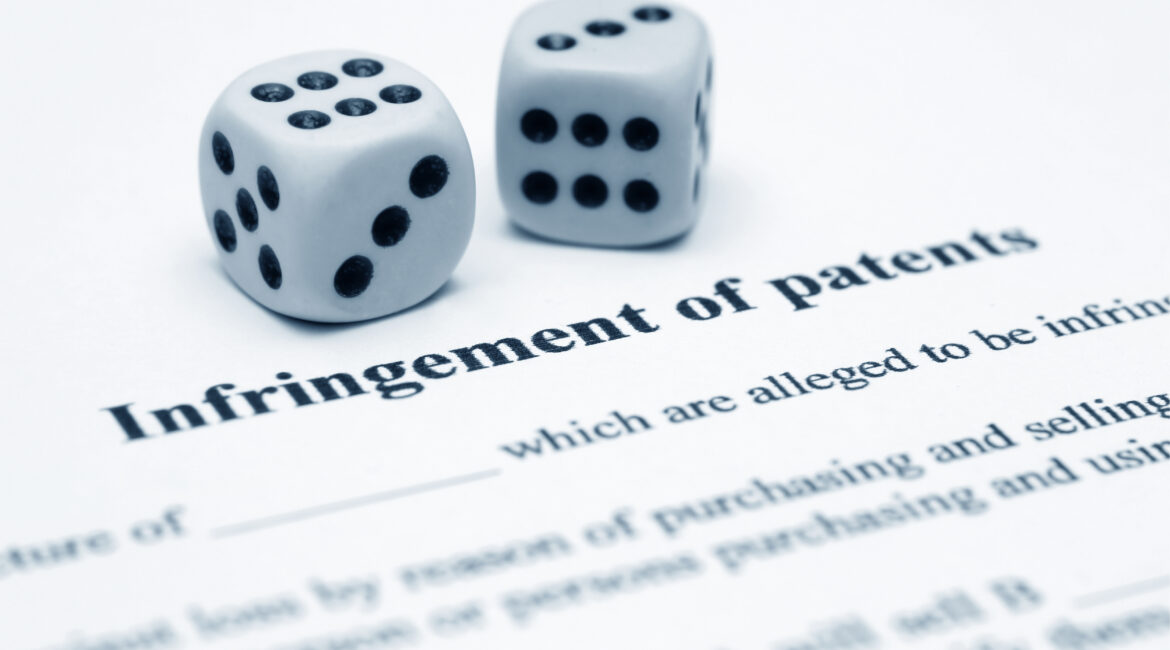There are lots of concerns about so-called “Patent Trolls”, “Patent Assertion Entities” or “Non-Practicing Entities” who send letters to companies demanding payments for the alleged use of patented technology. Some of these demands are well-argued and clearly indicate which patents are infringed and the reasons for the patent infringement. Other letters are merely templates into which names and addresses have been copied and pasted. These template letters used in this “shotgun” approach make allegations that a patent has been infringed but fail to include full details of the infringement. The aim is to try and find easy targets.
How to Respond?
Firstly, do not immediately respond yourself. Find out more information. Once you get into a dialogue with the patent owner, then they may keep on chasing you with further letters. At some point in time, it may simply be cheaper to sign up and pay the demanded fee to save further nuisance.
Secondly, research the background to the patent, its current owners, and the allegations. A lot of the patents being asserted are being challenged on validity grounds in patent offices around the world. It’s possible to check the databases of the patent offices (such as the EPO Register and the US Pair system) or court records (such as the US Pacer system or UK BAILI) to see the status of such challenges and whether the challenges have been or might be successful. Patents are only granted for novel inventions that are not obvious and it’s possible that the patent examiner has overlooked an important piece of prior art – or was unaware of a publication in a scientific journal or on the Internet. A request for revocation or invalidation of the patent can be filed with the patent office or through a court based on the newly discovered piece of the prior art.
Thirdly, remember that other companies may also be affected. Some research may reveal other companies who have been threatened in the same manner. It’s possible to organise a joint defence or at least swap information about defensive tactics. It’s even possible to use the same patent attorney to keep costs low.
Fourthly, take the allegation seriously. It may be the only warning that you get before more serious action is taken. Even if you think that the allegation is stupid and the patent is “trivial” and should never have been granted, the owner of the patent might still try and take action against you. There’s nothing worse than finding yourself in a lawsuit in an unfamiliar area, having products blocked from entering a country because the patent owner filed a request with the customs authorities, or having enforcement officers turn up at a trade fair.
Finally, take a serious look at the allegations and make an internal assessment about the risk that the case could develop. You may need to make provision in your accounts and at the very least a company may need to advise its external investors of the allegation.
Sometimes you will hear about a competitor or a customer being approached with allegations of patent infringement. It’s worth starting to plan remedial action if you think that you might be next in the firing lane
We have helped a number of clients over the years defend themselves against unjustified allegations of patent infringement. Get in touch here if you need more details.



